The Economic Subcommittee talks at the annual Tokyo-Beijing Forum in Beijing from Oct. 26 to 27 dealt with Japan-China cooperation on strengthening the free and open global trade system and multilateral growth. Panelists discussed trade, opening of the financial market, collaborative projects in third-country markets, tourism and a variety of other areas in which there is potential for Japan and China to coordinate their efforts, and agreement was reached to take a positive stance on cooperation between the two countries.
Improving Chinese policy transparency to build trust between Japan and China
First to speak was Zhenming Chang, chairman of CITIC Group Corporation, who noted the increasing uncertainty regarding the global economy, and spoke about how the relationship between Japan and China seems to be on the mend. During the G20 in June, Japanese and Chinese leaders reached agreements during talks, but Chang added that he believes those agreements come with the burden of taking responsibility for economic development. In addition, he emphasized the importance of building a foundation of trust between the governments by strengthening the economic partnership, and the importance of demonstrating the mutual dominance of both countries and promoting intercommunication between them.
Fumio Sudo, Honorary Adviser to Japanese company JFE Holdings, raised the issue of what role Japan should play as an ally of the U.S. with the strained relationship between the U.S. and China. He also noted that while Chinese impressions of Japan seem to be improving, Japanese impressions of China are not. He suggested that this was a result the lack of transparency in Chinese policy, from companies being required to have Communist Party cells in-house, to Japanese citizens being detained for spying without any clear evidence being presented. Reflecting on how the relationship between the countries has been improved in the past, Sudo stated his belief that it is important for there to be mutual understanding and trust between the peoples of both countries as well.
Former administrative vice-minister of Ministry of Economy, Trade and Industry, Takashi Shimada noted that 20th century international commerce rules are inapplicable to the 21st century economy, and the issue there lies in determining how to build a framework that results in a win-win situation domestically for each country involved. In addition, he described his wish for China to take part in international rule-making, similar to how it is undertaken at Japan-U.S. summit meetings, and stated that he feels Japan should harness its unique standpoint of having an excellent relationship with both China and the U.S. to help contribute to the improvement of global opinion.
The panelists then engaged in a discussion based upon the above issues.
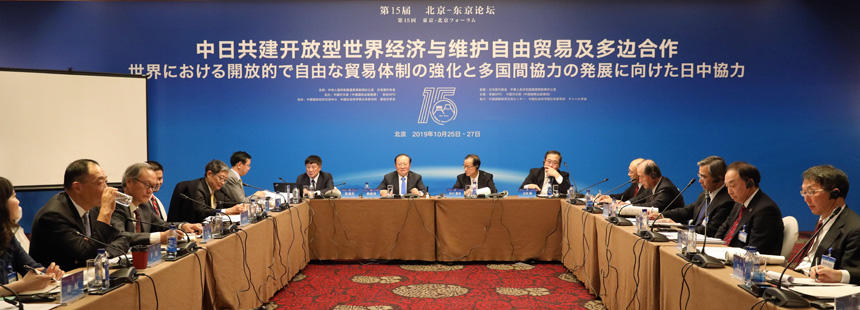
The importance of supplementing the WTO through TPP11 and the Japan-Europe EPA
Xiao Li, a professor of Jilin University, noted that Japan has regarded the WTO as important since the Second World War, and that it has functioned to a certain extent to this point. However, he wanted to know what Japan's current stance is regarding future prioritization of the TPP and other efforts.
In response, Masahiro Kawai, a project professor at the Graduate School of Public Policy at the University of Tokyo, emphasized that the current WTO framework is not applicable to the expanding global supply chain, and indicating the difficulties with decision-making methods in place, asserted that reform is needed. However, it is his belief that it is not only the WTO that is important; he suggested that it would be beneficial to use TPP11, the Japan-EU EPA, and other such frameworks to bolster the WTO where it is lacking.
Akihiro Mikoda is executive commentator at NHK's News Commentators Bureau, and he presented another issue connected to WTO reform. The privileged treatment offered to state-owned enterprise in China is not only inequitable for companies in other countries, but also for privately-owned companies in China itself. Mikoda stated that a competitive environment is necessary to promote growth in China, and he asked the other panelists where they think Chinese companies should look to begin implementing reform.
Yansheng Zhang, a principal researcher of the China Center for International Economic Exchanges (CCIEE), hopes that there will be more exchange of opinions regarding who will determine the WTO rules, who will judge which countries should be described as developing, and regarding how to ensure the WTO trade war resolution mechanism continues to function. Zhang believes it is necessary to think about new rules for the 21st century.
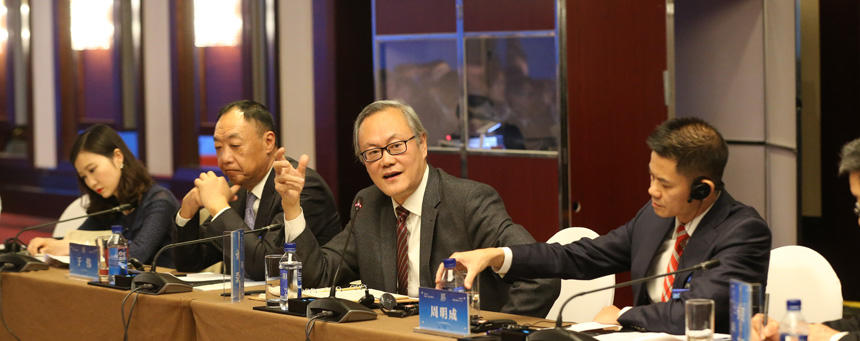
Raising China to global standards using Japan as a benchmark
MUFG Bank Adviser Eiichi Yoshikawa noted that, like the trade sector, protectionism is growing in the financial governance sector. Sudo added that with increased complications seen in areas such as economy, military affairs, finance, and information, response to such issues is no longer possible with individualized rules. Daiwa Institute of Research executive Yasushi Hoshi said that when opening its financial markets, China can look to past efforts Japan has made, particularly regarding information release and other transparency issues.
Li responded to Yoshikawa and Hoshi by requesting more information about Japan's successes in opening its market, and Ruan agreed, adding that he expects that this area is of the utmost concern to China. Vice chairman of the UBS, Di He also stated that current Chinese government efforts seem to be lacking in urgency, and that Japan could provide a suitable benchmark.
Sumitomo Mitsui Financial Group CEO Jun Ohta believes that it is important for China to get closer to the global standard, just as Japanese banks converted themselves into committee-run corporations. Regarding the opening of the financial markets, Akihiko Funaoka touched upon the importance of growth through domestic demand, and noted that this is just another reason for why it is necessary to improve the system such that all are on an equally competitive footing.
Lu Miao, co-founder and secretary-general of the Center for China and Globalization, proposed that Japan offer China assistance in being admitted to the TPP, and also questioned the thinking behind Japan serving as a bridge between the U.S. and China. In response, Sudo indicated the importance of China improving financial statement transparency in order to join the TPP. Kawai expressed his expectation that China will work hard to join the TPP through organizations such as the RCEP and the China-Japan-South Korea FTA.
Kawai was then asked about what sort of bridge Japan can build if the U.S. continues towards decoupling with China, and what sort of damage that would do to the China-Japan-South Korea FTA. In response to the first question, Kawai believes that the chance of the U.S. pushing forward with decoupling is low, but if it does happen, there is a danger of companies leaving the Chinese domestic market. Shimada answered the second question, stating that it is necessary for Japan and China to take the initiative to avoid potential damage to the trilateral FTA. With that, the first half of the subcommittee's discussion came to an end.
Consensus reached on need for cooperation in trade, personal exchange, and other fields
In the latter half of the discussion, Ohta first spoke about how financial institutions in Japan and China can work together, mentioning increased efforts to cooperate project-by-project in investment in infrastructure and other works. On the other hand, he noted that there is a difference in how project risk is evaluated in China and Japan, but collaboration can be reached through transparent proposals and personnel exchange.
Next, Kawai pointed out that while there are third-country projects being run by collaborations of Chinese and Japanese companies, due to the differences in risk perception, there are no large-scale projects that could be used as a symbol of the bilateral cooperation. He added that trade and investment cooperation such as that found in the RCEP, China-Japan-South Korea FTA, and the TPP are important. Moreover, regarding WTO reform, Kawai said that Japan and China must engage in serious discussions to determine where they agree and disagree.
Jianguo Wei is Vice Chairman at the China Center for International Economic Exchanges and formerly served as China's Deputy Commerce Secretary, and he agreed with Kawai's statement. He mentioned the importance of strengthening trade between China and Japan, collaborations between Japan and China in third countries, and incorporating Japanese market-opening skills in China. Wei noted that China can learn from Japan's experiences, and that it is important for both countries to cooperate across various fields. He also proposed the easing of visa requirements for Chinese citizens going to Japan, lowering hurdles to joint ventures in health and nursing care, implementing major collaborative projects, and reviewing the potential of creating an FTA with China.
China Eastern Airlines Group Vice President Xi Sheng said that the foundation of the China-Japan friendship is built at the private level, and spoke about expanding interaction between the people of the two countries by, for example, increasing the number of direct flights between them. Xi also pointed to the necessity of cooperation in industry, third-country market development, and the Belt and Road initiative.
Next, Huawei Technologies Vice President of Government Affairs, Zhou Mingcheng showed a desire for increased growth, pointing to the close supply chain relationship Japan and China share and to the potential for collaboration between the two countries in the ICT field.
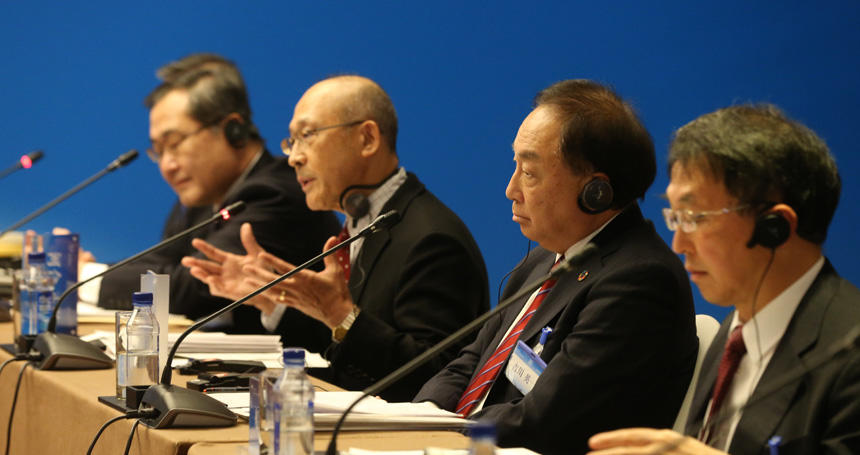
Difference in opinion regarding party offices in companies, and WTO definition of "developing country"
Sudo said that the Communist Party being included in the corporate structure of Chinese companies has led to a sense of unease that is affecting the WTO issue and the number of Japanese tourists travelling to China. NHK's Akihiro Mikoda added that he feels uncomfortable defining China as a developing country, and spoke of his desire for China to fulfill its role as an advanced nation. Mikoda also questioned whether or not China is aiming to spread its own way of doing things through offering support to third-countries.
Wei responded to Sudo's statement, noting that there are different countries organize political parties differently, and asserted his belief that the structure of the Communist Party has no relation to the number of Japanese tourists traveling to China. In response to Mikoda's point, he noted that China has been defined as a developing country in accordance with WTO rules, and stated that China is not pushing its own system on other countries.
Potential for cooperation between Japan and China in opening financial markets, third country market development, and tourism
Miao expressed her hope that an easing of visa restrictions could lead to increased tourist traffic between Japan and China.
Kawai responded that in order to increase Japanese tourist numbers in China, it will be important for China to show the Japanese people that it is a safe country by remaining calm regarding the dispute over the Senkaku Islands. Following up, Hirohide Yamaguchi expressed his hope that China would become more sensitive to how other countries see it, and added his belief that greater humility can facilitate commerce with other countries.
Global Infotech Chairman Wei Yu described Japanese overseas development as a trinity of banks, corporations, and trading companies, and stated that China also needs to create its own trading companies that are distinct. Yu believes it is important to learn from Japan regarding overseas expansion as well.
Funaoka spoke about projects in third countries, stating that it is necessary to be conscious of the unique characteristics of each country and provide proposals tailored to each. Ohta mentioned another issue: the gap between global standards and the financial perspective China takes in assessing risks and profits for projects in other countries.
Moreover, Shimada suggested that China may be distorting markets through its capital investments, and proposed that more discussions be held in order to resolve any misunderstandings that may arise.
UBS Vice-Chairman, Di He stated that it will be a challenge for China to integrate Japan's 30 years of experience to liberalize capital in the country. Xiao Li, director of the Hengqin Financial Research Institute at Jilin University's School of Economics, added that he hopes people will look at China from a historical perspective - i.e. China now represents what Japan looked like 30 years ago. In addition, he stated that it will be necessary for Japan and China to cooperate with each other in order to open China's financial markets.
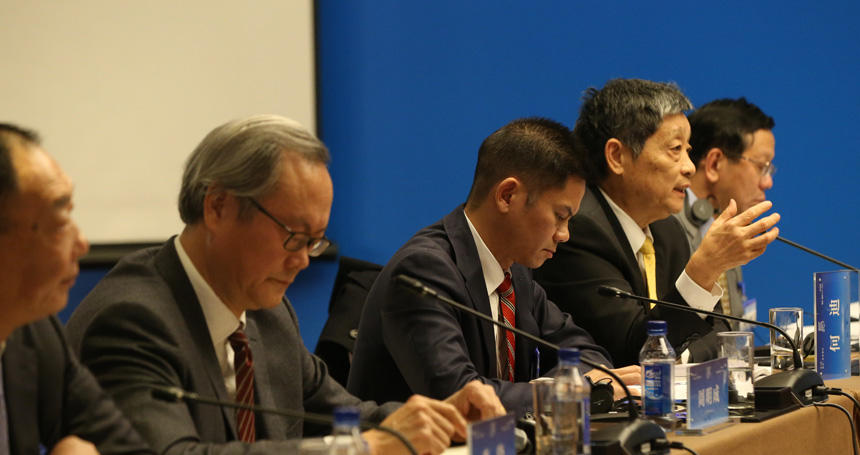
Improving efficiency through corporate restructuring
The panelists also engaged in discussion with the audience during the latter half of the session. Yamaguchi began by sharing the opinion of one of the participants, who felt that to increase Japanese tourist numbers in China, smartphone applications should be equipped to operate in China, and more effort should be made to promote sightseeing regions that cannot be found in Japan, such as the Mongolian grasslands and the salt lake in Qinghai, a salt lake that is also the largest lake in China. Another suggestion was that by increasing the number of Japanese people working at Chinese companies, people's unease about the in-company structure of the Communist Party could be eased. A question was then raised about potential advice on this issue from the Japanese experience.
Hoshi responded, suggesting that China could look to how important it was for Japan to resolve the issues surrounding non-performing loans by reorganizing zombie companies and improving efficiency. Kawai added to this, looking back on Japan-U.S. trade negotiations, and noting that one lesson there was that it was important for Japan to accede to legitimate requests from the U.S. when implementing reform.
Shared positivity regarding future collaboration between Japan and China
Miao suggested that people's impressions of China are being exacerbated by the media overseas, and that perhaps rather than implementing reform before engaging in discussion regarding China joining the TPP, another potential solution would be to join the TPP and then engage in reform.
Sudo stated his belief that increasing Japanese investment in China could have a beneficial effect in tourism and other areas, while Mikoda responded to Miao's suggestion by noting that the Japanese media should make the effort to report not only on the bad parts of China; they should also highlight what is good about China.
Yamaguchi summarized the second discussion, noting that the panelists were all conscious of the necessity of WTO reform, and pointed out that both Japan and China have similar stances regarding the RCEP and the China-Japan-South Korea FTA. In addition, he reminded the panelists of the importance of future discussions regarding China joining the TPP, and that China should be conscious of how it is seen by other countries regarding cooperation in third-country markets. Finally, he noted that while there are still some issues to untangle regarding market opening and capital liberalization, China has recognized the need to implement reform in state-owned enterprises.
Finally, Jianguo Wei brought the Economic Subcommittee talks to a close, expressing his pleasure at the panelists' ability to exchange frank opinions, and his desire to build a closer relationship and promote deeper cooperation between China and Japan.
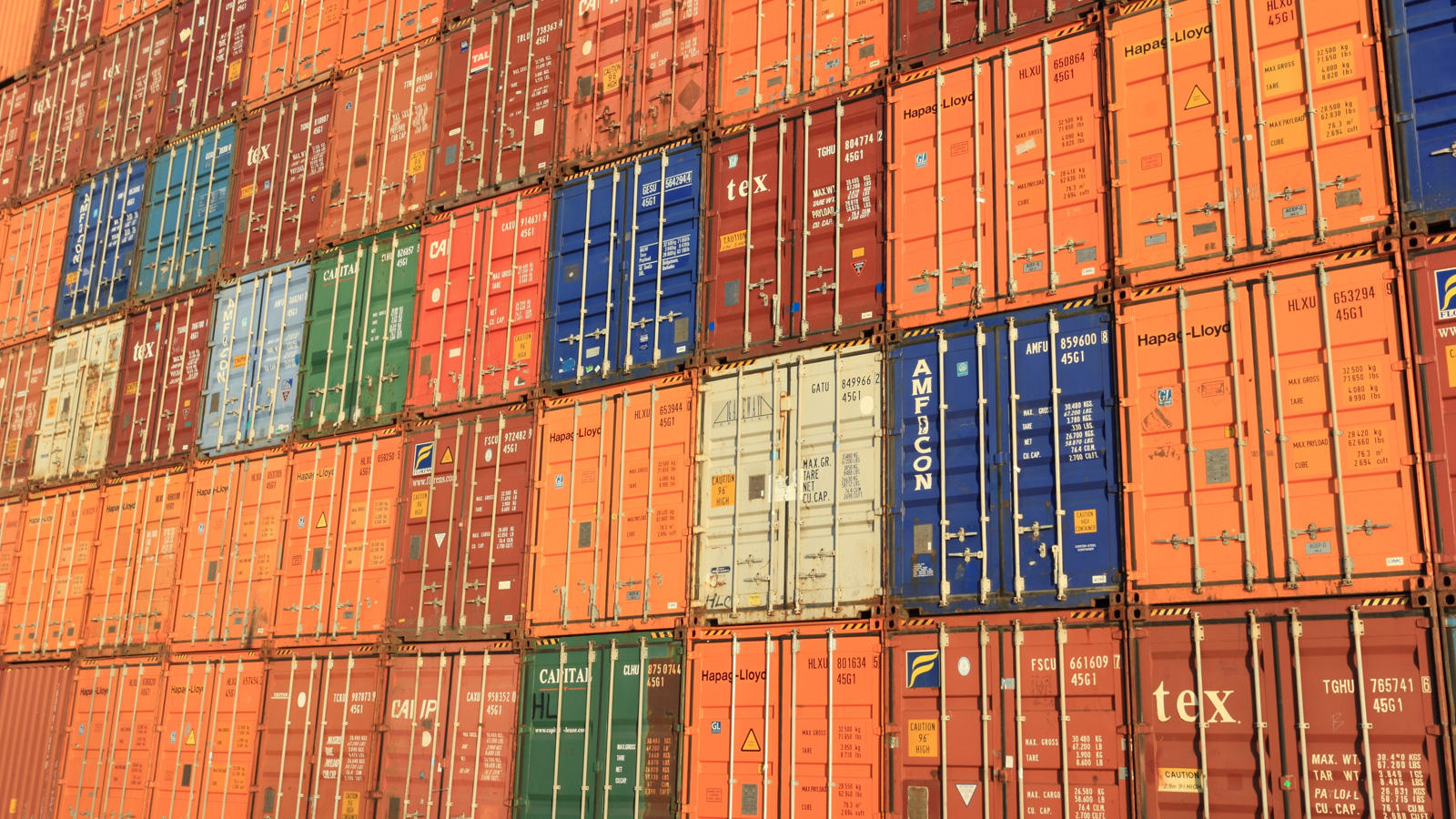
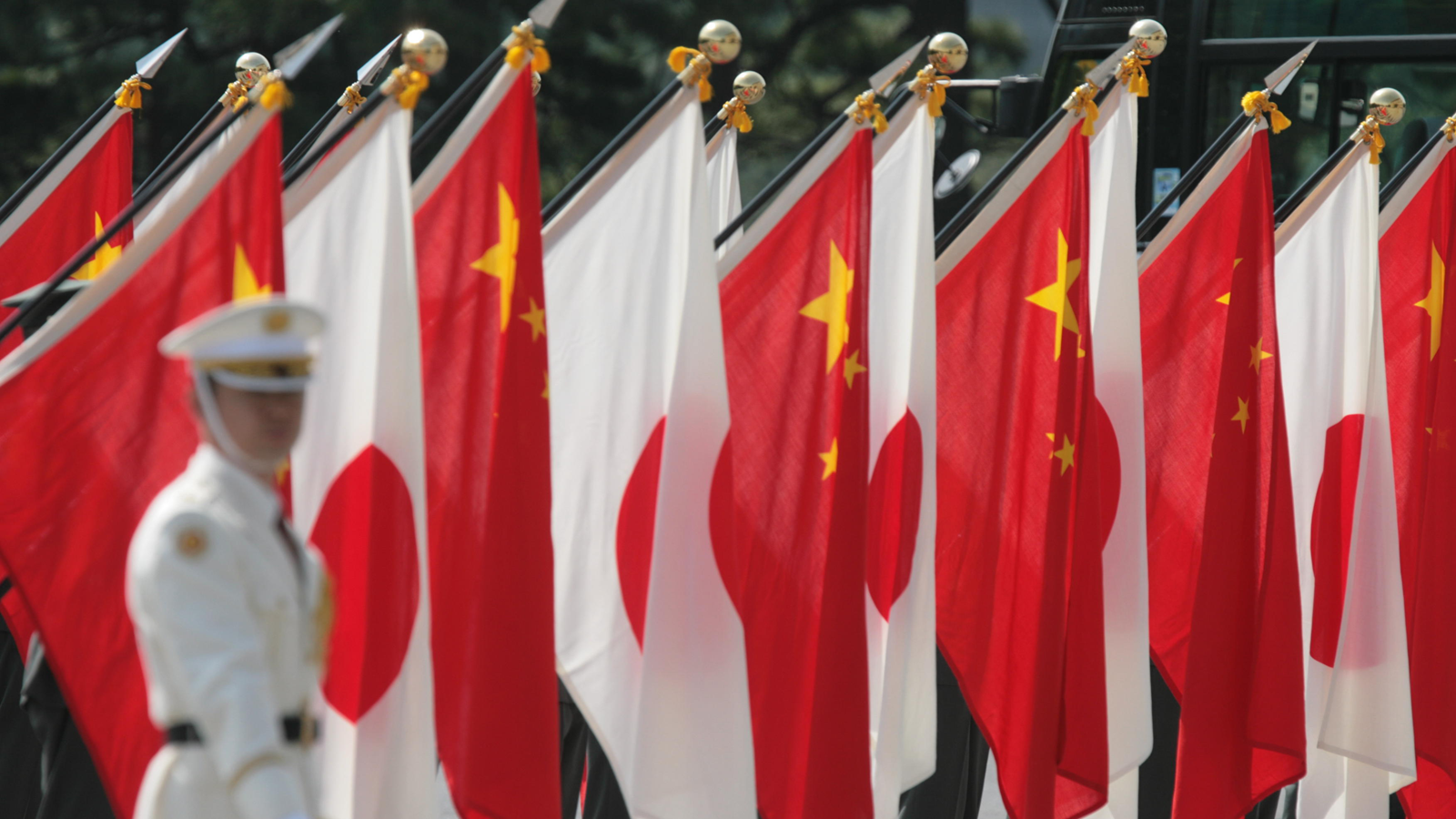
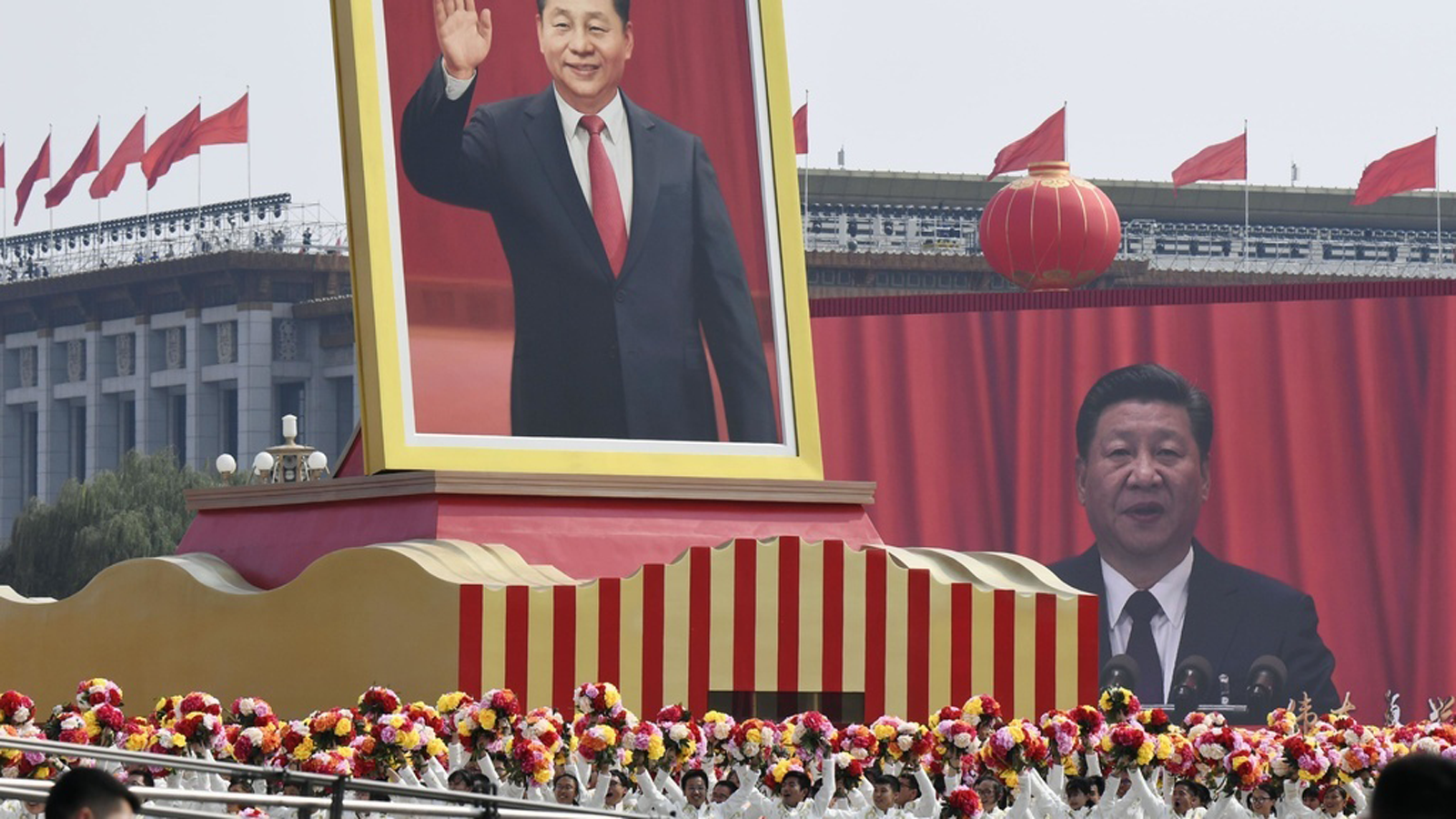
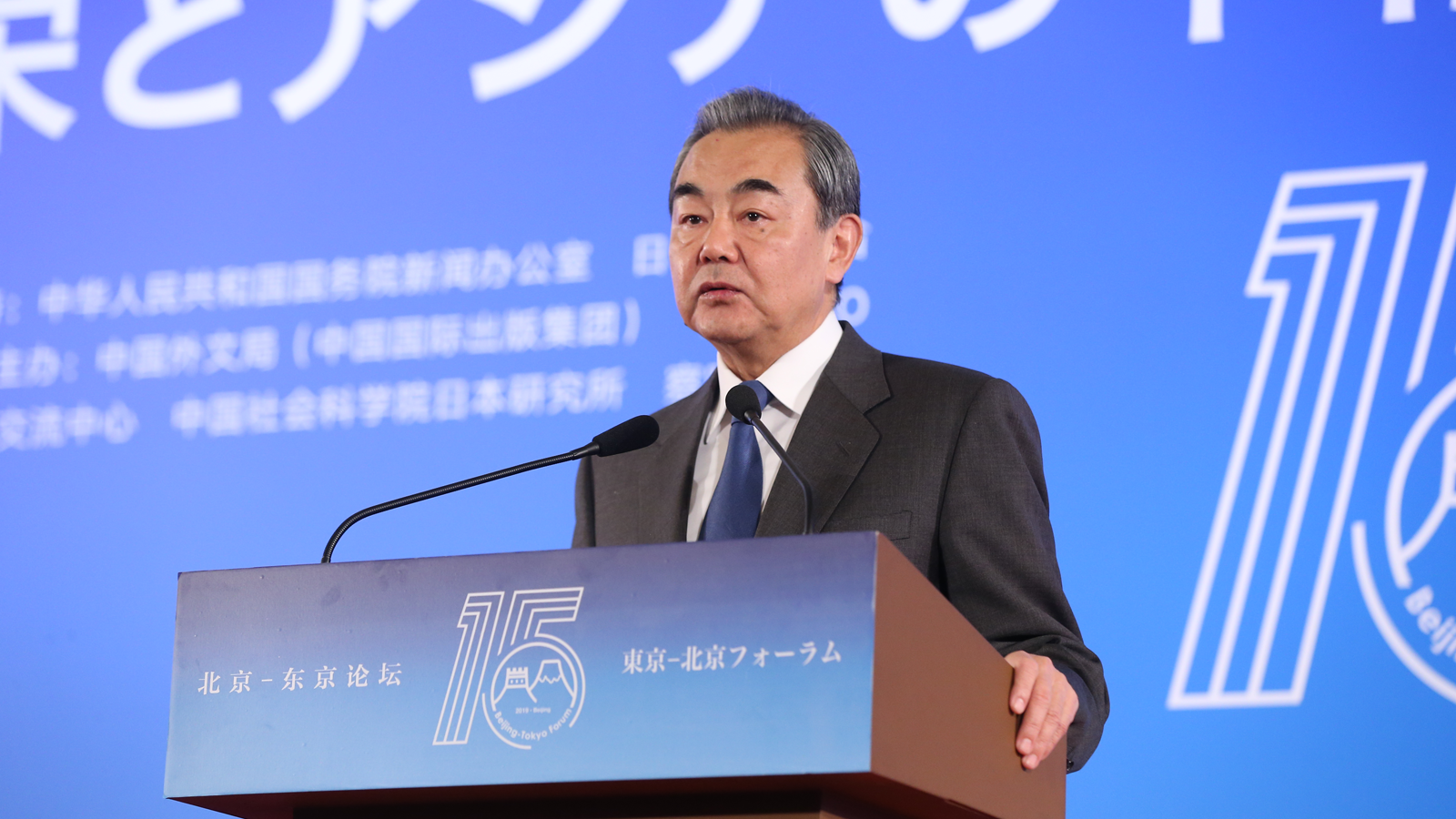
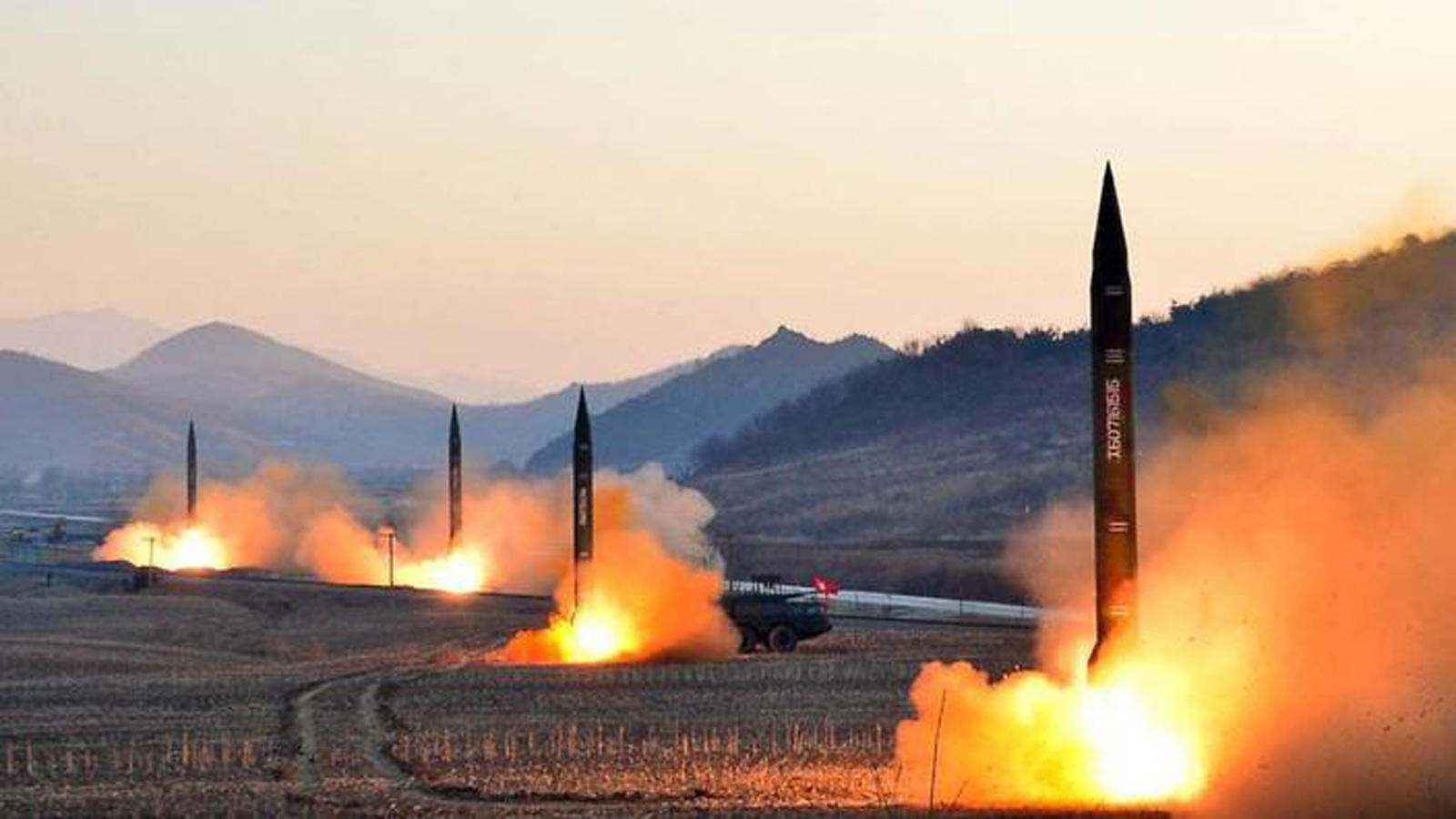
Post a comment